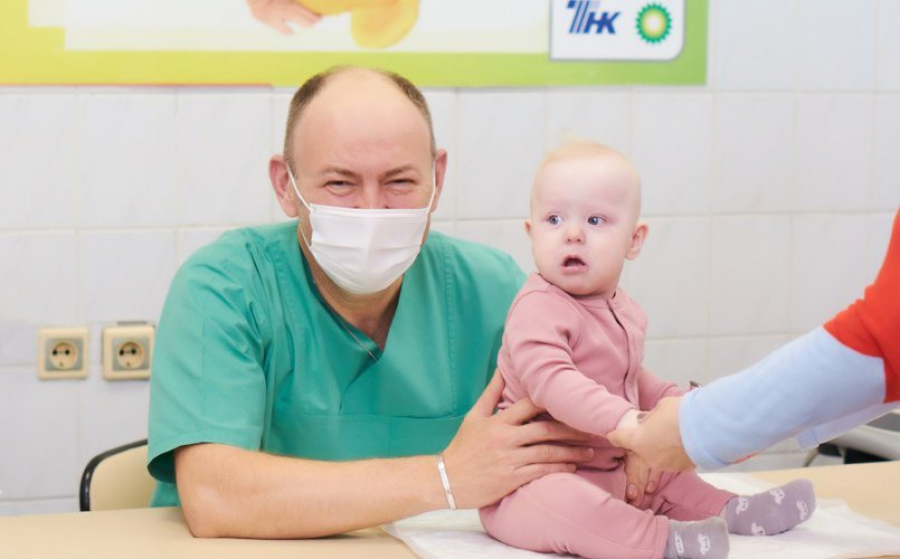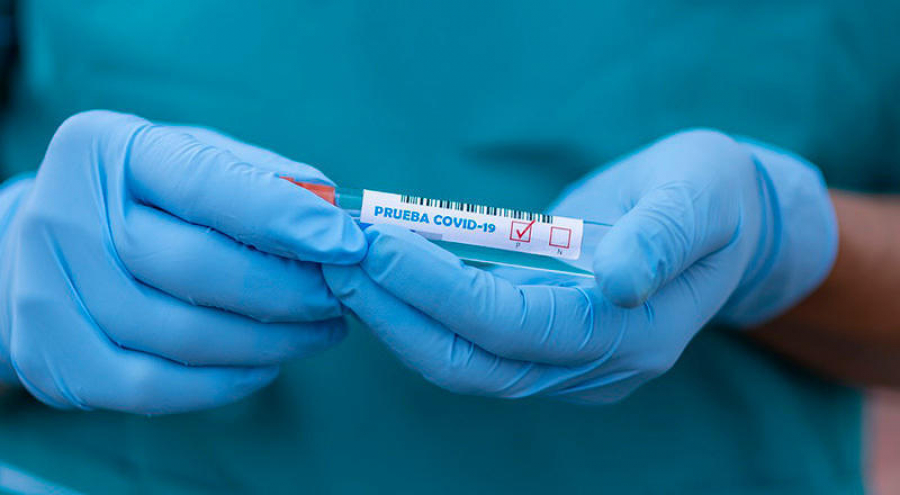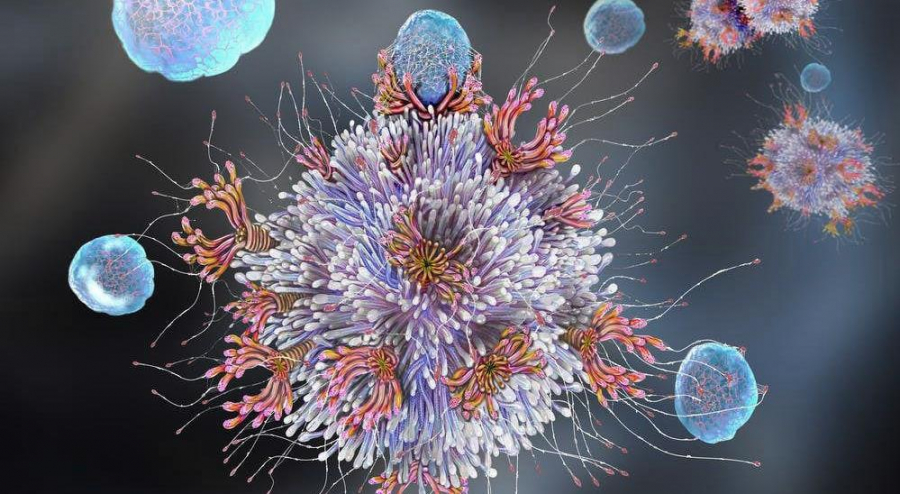
According to the World Health Organization (WHO), Kazakhstan is a leader in the fight against viral hepatitis not only in the Central Asian region, but also throughout the CIS. This experience is of interest to healthcare systems in many countries. Leading specialists from Germany, the U.S., Türkiye, Russia and Uzbekistan came to the Kazakh capital to participate in the VII Congress dedicated to topical issues in the treatment, diagnosis, and prevention of liver and digestive system diseases.
These specialists include not only hepatologists but also gastroenterologists, endoscopists, oncologists, surgeons, and transplantologists.
«Germany is interested in Kazakhstan’s program for eliminating viral hepatitis. I know that your country is conducting extensive testing and can share this experience with us. In turn, Kazakh specialists are eager to learn German expertise in diagnosing and treating hepatitis D, aiming to deepen their understanding of the disease’s progression and its complications. This exchange is mutually beneficial,» said Andreas Teufel, Head of the Division of Hepatology at University Hospital Mannheim in Germany.
Notably, a hepatitis vaccination program has been successfully operating in Kazakhstan for over 25 years. Children are vaccinated against viral liver disease from birth. Screening studies are also conducted in specialized medical centers across the country. Last year, a pilot program for eliminating viral hepatitis was launched in the Kazakh capital, involving around 10,000 participants. It has since expanded to several regions and is expected to cover the entire country in a couple of years.
«We have recently achieved a new milestone. World scientists have developed a finger-prick express blood test priced at 300 tenge, delivering results in just five minutes. Our next task is to implement this affordable and highly effective express testing method in polyclinics, similar to fluorography screenings. Testing commenced two days ago, with 100,000 tests provided to us for humanitarian purposes. They were distributed to Shymkent city in the Turkistan region, Semei city in the East Kazakhstan region, and Temirtau city in the Karagandy region,» said Kulpash Kaliaskarova, Chief Hepatologist/Gastroenterologist at the Kazakh Health Ministry.









